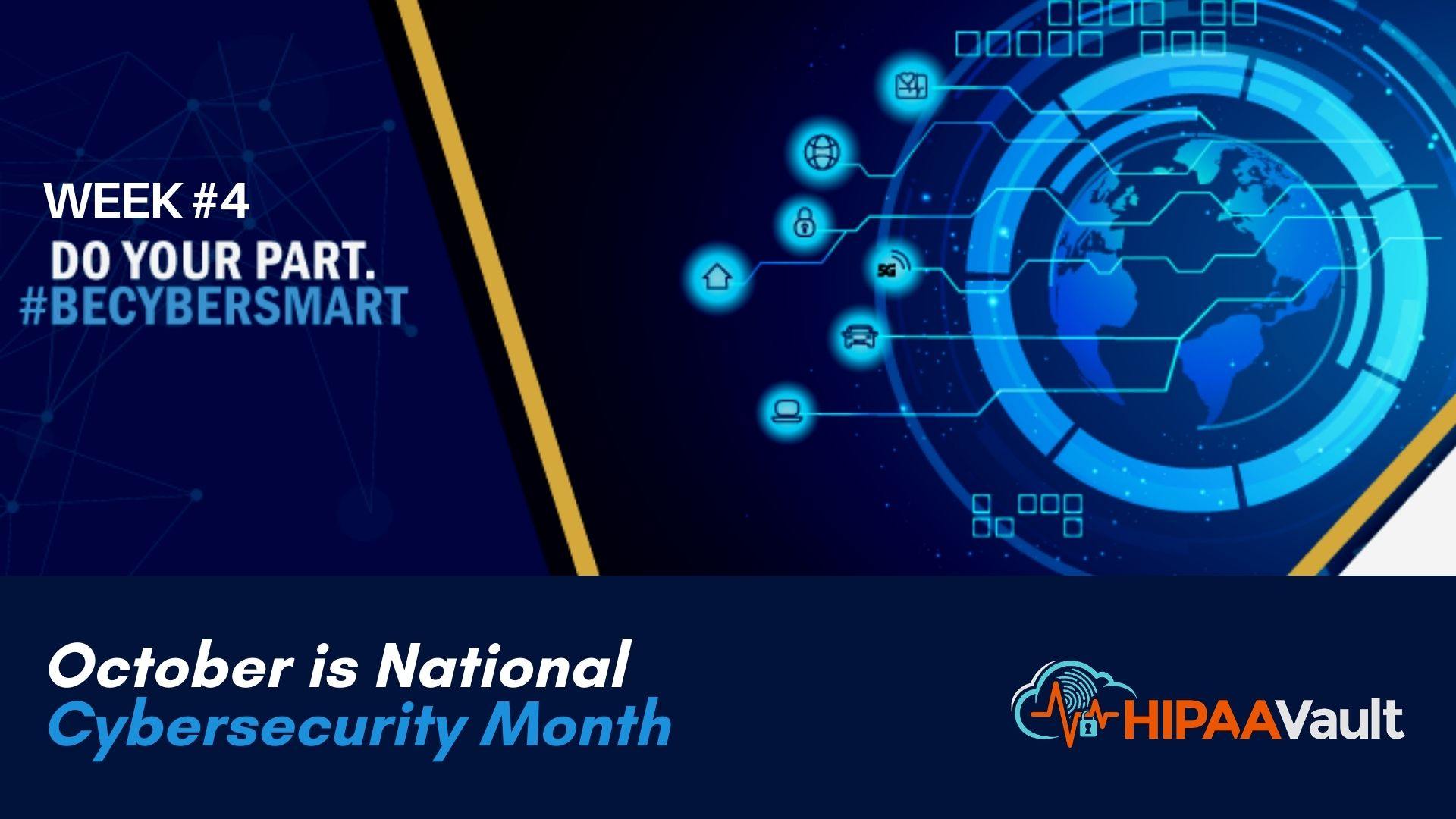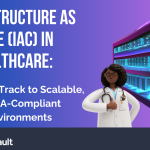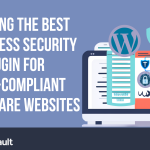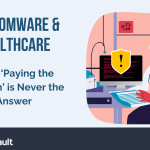
In this final week of National Cybersecurity Awareness month, we’ll look closer at the Internet of Things (IoT) with a particular focus on what this means for cloud, HIPAA, and the future of healthcare. Two trends will be especially impactful: the rise of 5G, and the growth of managed security and cloud.
Where We Are
It is estimated that nearly 11.6 billion IoT devices will be in operation by next year.
Many of these IoT devices lack the capability for security patching – they simply weren’t designed for it – and so currently depend on the basic “entry point” security that a typical router provides (e.g. protections via passwords and firewalls, and configuring them for the devices on your network). Going forward, devices that allow for upgradeable security will be an advantage; nowhere will this be more important than in the management of health and sensitive data where a variety of unprotected devices and networks currently exist.
How 5G Networks will Impact Healthcare
In addition to upgradeable devices, many healthcare organizations will make the move to “fifth-generation wireless,” or 5G, which offers excellent capabilities for handling more devices and transmitting large files of patient data without WiFi modems and routers. For example, it’s been observed that some PET scans taken by a cancer center can be as large as a gigabyte per patient per study. The ability of 5G to handle that large of a file and not be impacted by slow network performance allows doctors to have the critical information they need more quickly – a great benefit to their patients.
As legacy systems give way to 5G, security should be improved. Since 5G offers a more cloud-based system, better threat-monitoring of networks – a staple of managed security – should ensue. By design, 5G also encrypts more data which allows for greater protections should the data ever be intercepted. Finally, IoT devices should benefit from 5G’s ability to handle “network slicing”— segmenting the system into individually managed and customizable virtual networks – that will allow organizations to better secure various devices with “tailored protections.”
The Rise of Telemedicine
IoT and 5G technology will also have a dramatic impact on telemedicine. 5G’s range will provide greater opportunities for remote healthcare, a faster exchange of important health data (including x rays), and better monitoring. This shift away from requiring in-person patient care will not only decrease costs, but provide the ability for doctors to connect with patients they might otherwise be unable to reach – from anywhere in the world. According to a recent study,
…the telemedicine market is expected to grow at a compound annual growth rate of 16.5% from 2017 to 2023… the reason for the predicted increase is demand in rural areas for healthcare, as well as a rise in government initiatives. Telemedicine requires a network that can support real-time high-quality video, which often means wired networks. With 5G, healthcare systems can enable mobile networks to handle telemedicine appointments, which can greatly increase the reach of the program.
When healthcare systems utilize this technology, patients can often get treated sooner and have access to specialists otherwise not available. It can also allow doctors and other staff members to collaborate more efficiently.
Managed Security Services
As IoT grows and a general dependence on physical facilities decreases, an increase in managed security and cloud is also predicted. Greater flexibility and scalability of services, a growing demand for outcome-based services with measurable results, and personalized managed security consulting will continue to be in demand:
The emerging digital infrastructure ecosystem will increasingly be built on cloud-centric technologies, more ubiquitous deployment options, and more automated IT operations. Its focus will be to ensure ever faster delivery of innovative infrastructure hardware, software, resource abstraction, and process technologies to support the development and continual refinement of resilient digital services and digital experiences. An emerging digital infrastructure ecosystem will underlay all IT and business automation initiatives by 2023. (IDC)
Since costly ransomware attacks continue to plague healthcare organizations and are expected to increase, cybersecurity will increasingly be key to patient care and maintaining HIPAA compliance. This is where HIPAA Vault excels. Our expertise in cutting-edge cloud solutions and security are built on the following premise: when health organizations are freed up from the management of costly infrastructure and staying on top of the latest security upgrades, they can concentrate on what they do best: patient care.
Want to explore how our cloud solutions and personalized, managed security can protect your data, streamline your services, and strengthen your organization’s security posture? Give us a call: 760-290-3460, or visit www.hipaavault.com.
HIPAA Vault is the leading provider of HIPAA compliant solutions, enabling healthcare providers, business organizations, and government agencies to secure their protected health information from data breaches, threats, and security vulnerabilities. Customers trust HIPAA Vault to mitigate risk, actively monitor and protect their infrastructure, and ensure that systems stay online at all times. In addition to providing secure infrastructure and compliance for health companies, HIPAA Vault provides a full array of HIPAA compliant cloud solutions, including secure email, HIPAA compliant WordPress, secure file sharing, and more.





